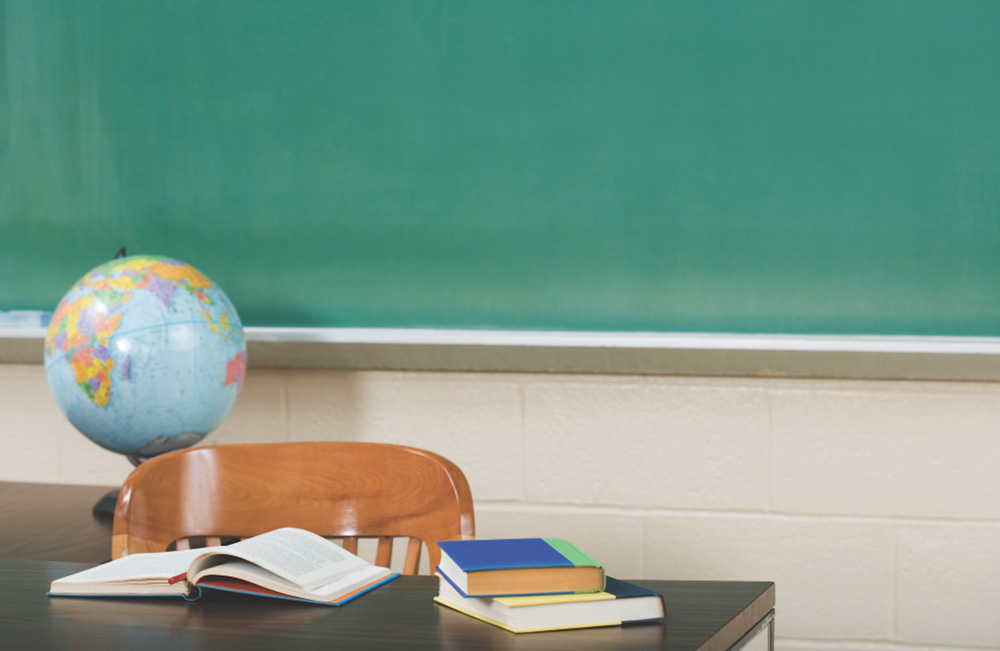The Rocky View School (RVS) board of trustees submitted the 2021/22 Annual Education Results Report (AERR) to the provincial government.
Superintendent of Schools Greg Luterbach explained during the Dec. 15 school board meeting that the AERR showcases the achievements of students, and what modern learning looks like in schools.
“It’s a looking back document, but also gives us direction about where we need to go in order to ensure we are meeting the goals we set out,” RVS Associate Superintendent of Learning Lori Meyer said.
The report allows the RVS team to update plans, ensure focus on student growth is headed in the right direction, and identify areas for future development and improvement.
“It’s not grandma’s brag book, it’s not just about the things we’re really rocking it at. It does include areas we need to improve, and to improve we need to think about the context in which the information is captured, how it’s asked, and how it can be perceived,” Meyer said.
Last year, RVS continued to refine plans throughout the division to mitigate the potential outcomes the COVID-19 pandemic had on students.
“Our practices and how we operate was different from what we hoped it would be, what we experienced in the past, and what we experience now as we go forward,” Meyer said. “The leadership from our schools and teachers on a day-to-day basis was outstanding for what they were able to accomplish in that tricky time.”
The pandemic continued to have a significant role in increased staff and student absences, the need to shift plans and develop policies on short notice, and distraction from general operations.
Meyer explained that students’ literacy and numeracy skills, and mental health and wellness, were negatively impacted by disrupted schooling during the pandemic.
“We continue to see significant anxiety and dysregulation, there are challenging peer interactions due to the limited opportunity that some kids had to interact with others,” Meyer said. “We’re seeing students in Grade 7 have the social skills they would have had in Grade 3 or Grade 4, because of the disruption.”
Last year, students wrote Province Achievement Tests (PATs) and diploma exams for the first time since 2020. RVS’ acceptable rate dropped about 10 per cent since 2018 in all Grade 6 and Grade 9 subjects.
“For some kids, this would have been a very nerve-racking experience,” Meyer said. “This is definitely something we can look into and figure out how we can address in the coming months, and what we need to do to have an impact going forward.”
Meyer expects getting sent home to learn in March of 2020 had a significant impact on Grade 10 students on learning foundational skills for Grade 12.
“The important part is that we don’t ignore it and have conversations at the school level about what the results mean, and what we need to do to have a positive impact moving forward,” Meyer said.
“We know when students are away a lot, when staff are away a lot, despite everyone’s best efforts the foundation to write some of these diplomas is not there,” Luterbach said.
Despite the challenges the pandemic has brought, RVS has made progress to improve the foundational knowledge of Indigenous ways of knowing across the system and enhancing relationships, began to gather data on an education plan survey, supported the board of trustees in developing the four-year-plan, and provided pandemic recovery and mental health supports in schools.
For the 2022/23 school year, RVS is focused on implementing a Grade 1 to Grade 9 numeracy assessment, launching an Indigenous learning branch showcasing Indigenous ways of knowing, continuing to provide targeted pandemic recovery and mental health supports and updating the four-year plan.
“While there is a lot of amazing things going on, there is still work to do, and there will always be work to do,” Luterbach said. “There’s a delicate balance as we move forward with a return to normal. There’s no magic way that suddenly two and half years of disrupted learning will go away and everyone is back.”
RVS will continue working to support students and staff to minimize the disruption caused by the pandemic.
“There will be a long-term impact across the system,” Luterbach said. “We want to make sure every student is engaged in what they are doing, and that will be at different levels.”








